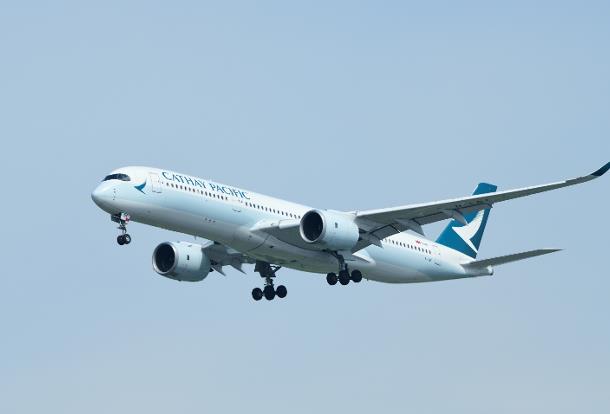Another renowned travel agency in China has gone bust under the sustained impact of COVID-19, but the pandemic may not be the only reason for its demise.
ChinaTravelNews learned that employees from Shijiebang.com disclosed on June 10 that the company had suspended operation due to the impact of COVID-19. Xinyu Zhao, founder of the well-known customized outbound travel agency in China, posted a message on WeChat’s timeline-like Moment channel: “Wish you all well. Hope we’ll meet again.”
A source told ChinaTravelNews that the pandemic was just a catalyst for the closing of Shijiebang, as the global crisis exposed its internal problems, just as it exposed the vulnerability of many startups’ business models that accelerates the “survival of the fittest” process. “Shijiebang.com is not the first and won’t be the last travel startup to fail in the pandemic,” the source said.
Established in 2012, Shijiebang.com had attracted more than 1,000 travel experts and 10 million active users from around the world. It combines a self-service outbound travel community with an open e-commerce platform to provide more convenient and personalized travel services, covering thousands of cities in over 60 countries.
At the initial stage, Shijiebang.com leveraged major social media platform Sina Weibo to push its content, and attracted the financial backing of Sina Weibo, Fosun Capital, Yahoo's co-founder Jerry Yang and other investors. Since 2013, Shijiebang.com had raised more than USD 30 million.
But it also faced many obstacles.
The company’s business model of using local itinerary designers as a selling point didn’t fly. The tour designers’ roles were limited to offering travel guide information, and their star power wasn’t leveraged throughout Shijiebang’s value chain.
For customized travel agencies, it’s essential to have direct access to products and integrated local service systems. Shijiebang served only as an e-commerce travel platform and failed to integrate resources in a meaningful way.
Since 2015, integrated OTAs monopolizing outbound travel and the soaring costs of acquiring customers had forced many customized travel agencies to switch to corporate-facing services.
Investors were also losing their patience with the sector. As of June 11 this year, the total amount of investments injected into the customized travel segment had plummeted to only RMB 80 million (USD 11.31 million) from RMB 1. 5 billion (USD 212 million) in 2019.
In fact, very few agencies could make money in the business. When funding dries up, the intrinsic shortcomings of the segment became apparent.
According to a report released by iResearch Consulting Group in 2018, immature market has hampered the development of custom travel, and there are difficulties in expanding business scale, or gaining public awareness and adoption.
Users are not accustomed to paying for customized services. Instead, they will buy similar products on other platforms after getting tailor-made itineraries. Meanwhile, agencies find it difficult to build their own supply chains.
The COVID-19 outbreak has certainly made investors more cautious. Besides, the shrinking outbound market further squeezes customized travel.
The Covid-19 pandemic has been devastating for most customized travel services, but they are still making efforts to find a way out of the crisis.




